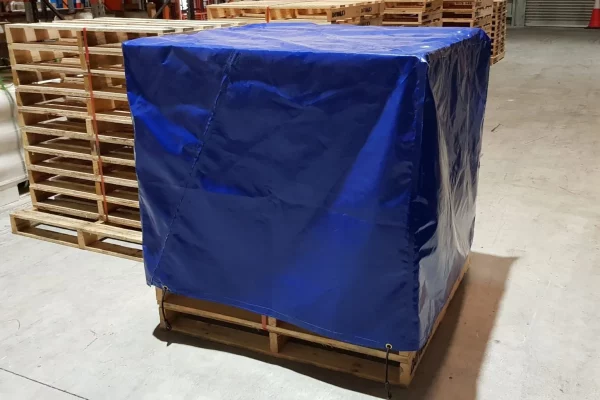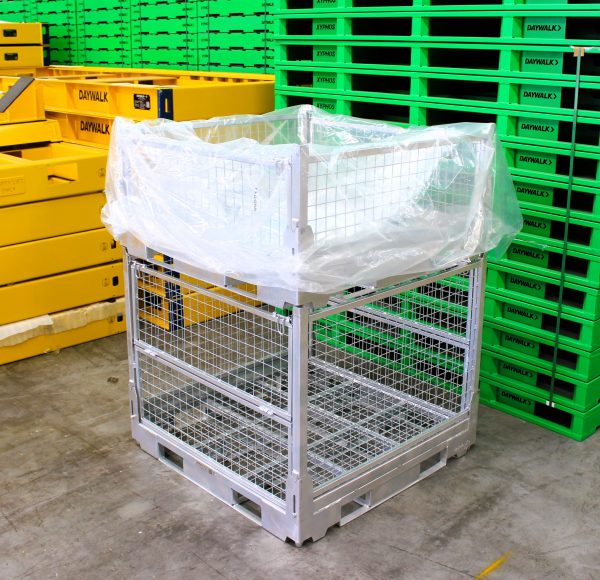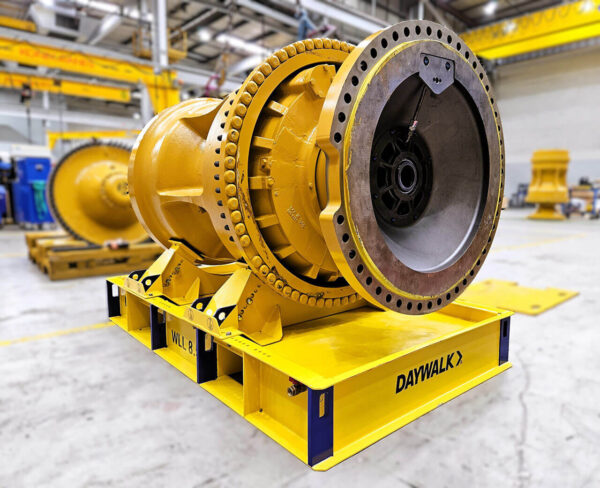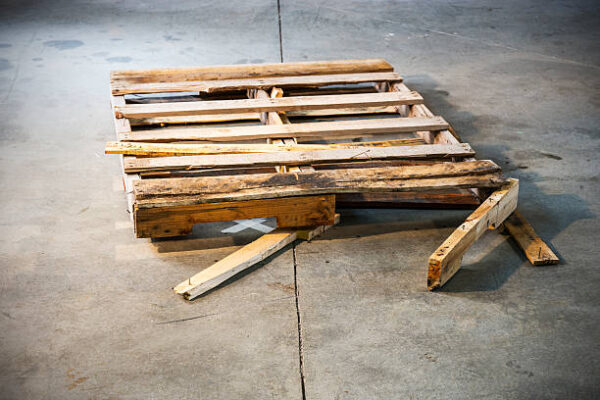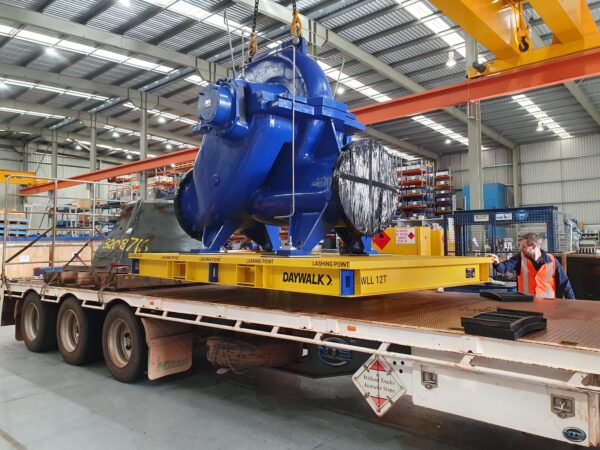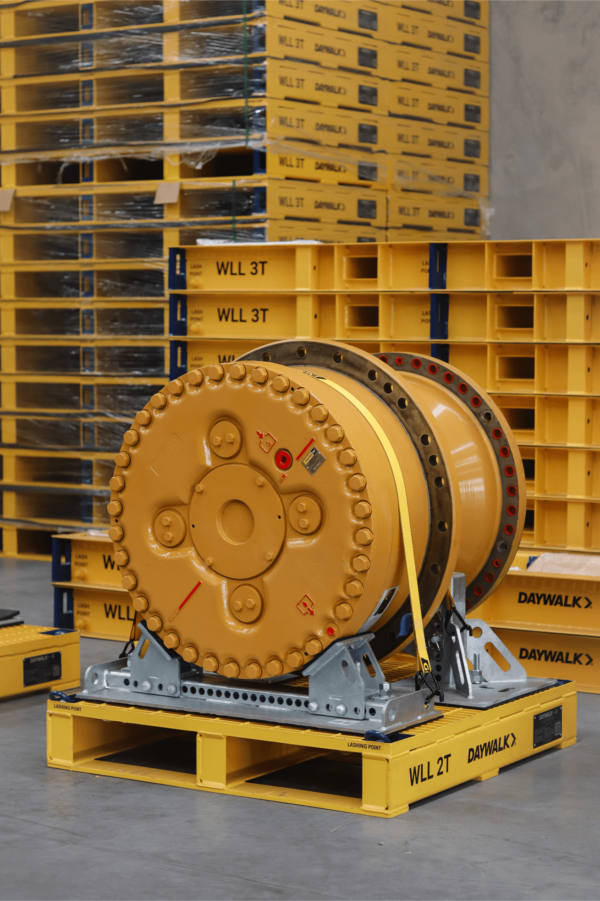There can be consistency on return on investment (ROI) in the supply chain if the proper pallet is used. In this case, it can be the metal or steel pallet.
All major industries are always searching for ways to achieve cost-effectiveness, waste reduction, and an environmentally friendly supply chain. Thus, the steel or metal pallet is the best alternative to the more commonly used wooden pallets. After all, steel can significantly revolutionise any supply chain since it doesn’t need to be replaced or repaired as much as timber.
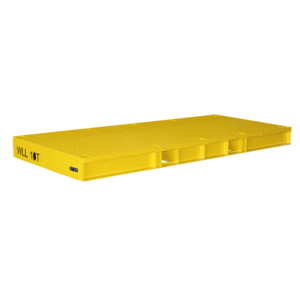
Advantages of Using Steel Pallets:
Lower product damage
Even if a metal pallet is dropped, the chances of it getting a dent or breaking is unlikely. Metal pallets are custom engineered so they can secure products better. Product damage is kept at a minimum since the metal pallet can absorb bumps and falls, unlike wooden pallets that can shatter or break during a fall, scattering debris, and in the process also scattering the products.
Manufactured once, lasts a long time
Whether steel pallets are manufactured from carbon steel, stainless steel, aluminium, or any other metal, steel will always be a highly cost-effective pallet material. Timber pallets may be far cheaper to produce, but they can easily sustain damage and need constant replacement after being exposed to the elements.
Returnable Transport Items
In the modern supply chain, returnable transport items or RTIs are items that are sent to customers together with the contents or products but is delivered back to the issuing point. One main RTI always sent back are pallets. But of all pallets, the one that needs the least maintenance and is delivered back with very little damage is the steel pallet. This means that steel pallets have a more prolonged and continuous ROI than wooden pallets. Because of their RTI effectiveness, major mining, resources and defence operations prefer to use steel pallets.
The reality of using wooden pallets
Aside from the abovementioned disadvantages of using wooden pallets, timber pallets are a fire hazard, are susceptible to insect infestation, less susceptible to sanitation, and have low weight constraints. Undeniably, metal pallets can carry heavier loads in contrast to wood pallets.
In summary, steel pallets are stronger and more durable, less susceptible to physical damage, last longer, have a more consistent return on investment (ROI), and are a more preferred returnable transport item (RTI) because of their durability. This means that increases in supply chain efficiency levels, increased benefits in the asset utilisation, and a far higher return on investment. Unless a stronger material is discovered or invented, substantial capital investment in metal pallets is sure to increase because they are the strongest and most durable pallet option on the market today.
In addition to high-quality steel pallets and other storage options such as metal cages, Daywalk provides the best restraining and preservation products for warehouse and transport use. For enquiries, visit their website at https://daywalk.com/.
